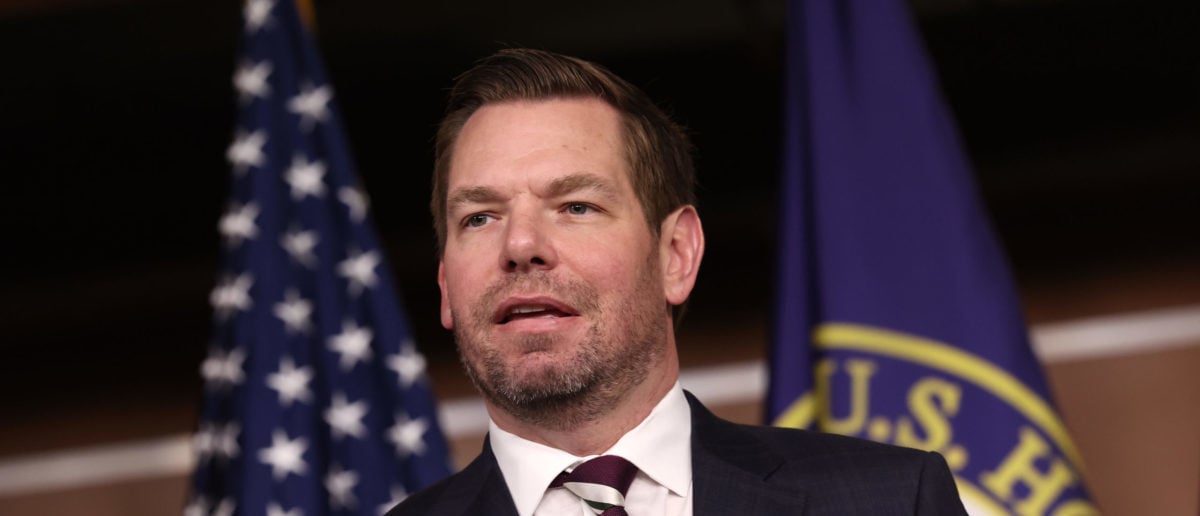
The traditional defense for offering candidates a platform like this, no matter how noxious their views, is that sunlight is the best disinfectant. When he did get a chance to offer his own views, Kennedy suggested that anti-depressants cause school shootings and that COVID was a bioweapon. Seemingly confused about the event’s purpose, Kennedy spent a significant portion of the discussion interviewing Musk.
#Rep. jim jordan twitter pro#
Needless to say, Kennedy is also welcome on Twitter, where Elon Musk hosted him in a Spaces event on Monday that offered lunatic counter-programming to Apple’s announcement of the Vision Pro headset. Kennedy, Jr.’s, Instagram account,” Meta told the Washington Post. “As he is now an active candidate for president of the United States, we have restored access to Robert F. And presto: he has his Instagram account back. But now he’s launched a bid for the presidency that looks to have about as much chance as Connor Roy did in Succession. If you or I went on Instagram and created daily posts saying the COVID vaccines are harmful, we’d likely lose our accounts just like Kennedy did. It’s particularly important to enforce those policies on large accounts, like Kennedy’s, which has more than 770,000 followers: platforms often recommend their posts more often, giving fear-mongers like Kennedy unearned reach.ĬOVID has caused more than 1.1 million deaths in the United States alone, and 6.1 million hospitalizations throughout 2021, when Kennedy was posting, the majority of people who died had not been vaccinated. Platforms establish policies against spreading medical misinformation because they can spread information at a high speed and with few checks on its accuracy.

His nonprofit organization, Children’s Health Defense, lost its account the following year for falsely warning that the COVID vaccine harmed people’s organs and was dangerous to pregnant women.


A leading anti-vaccine conspiracy theorist, Kennedy lost his Instagram account in January 2021 when he tried to scare people away from getting the COVID-19 vaccine. On tech platforms these days you can get away with just about anything, as long as you’re running for president. Jim Jordan said the lawyer representing Stanford had confirmed to committee staff that Stanford Internet Observatory has documents and communications related to its “flagging” of content for censorship by social media companies but would not give them to the members of Congress.Robert F.
#Rep. jim jordan twitter software#
Two weeks ago, BBC heavily promoted the launch of its own “anti-disinfo” program called “Verify,” but has refused to answer questions about it or make its 27-year-old host, whose role is apparently to fact-check all of the news, available for an interview.Īnd now, the lead censorship organization, Stanford Internet Observatory, is refusing to respect a House Judiciary Committee subpoena for records in the form of “tickets” from the Jira project management software system. Last week the pro-censorship Atlantic Council’s DFR Laboratory canceled the online launch event for its new report, “Telegram, WeChat, and WhatsApp Usage in the United States.” It might have had something to do with the fact that, a few weeks earlier, we had tweeted critically about it, signed up to attend, and encouraged others to join us. Indeed, over the last several weeks, they have increasingly gone quiet. It’s reasonable to wonder if this low response rate has something to do with the fact that I have repeatedly called for all of them to be defunded and dismantled because they are violating a fundamental human right.īut the key “disinfo” censorship groups are not giving substantive interviews to other independent journalists.

And they regularly write for mainstream media publications.īut of the 50 top ”anti-disinformation” governmental and nongovernmental groups in the world, which Matt Taibbi’s investigative team at Racket identified, only one has agreed to answer our questions, and only 10 even bothered responding to our repeated requests for an interview. They record videos that explain their work. Groups like Stanford Internet Observatory and the Atlantic Council put photos, bios, and contact information for their staff and board members on their websites. The people who say they are fighting disinformation appear to be transparent and trustworthy. Jennie King of the Institute of Strategic Dialogue (Left) and Marianna Spring of BBC (Center) refuse to answer questions about their “anti-disinformation” work, while the attorney for the Stanford Internet Observatory, led by Renee Diresta (Right) refuses to respond to a Congresional subpoena.


 0 kommentar(er)
0 kommentar(er)
